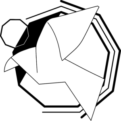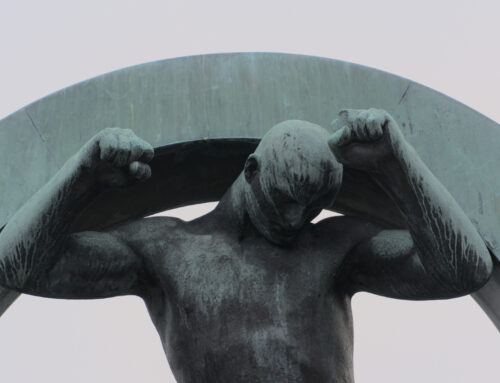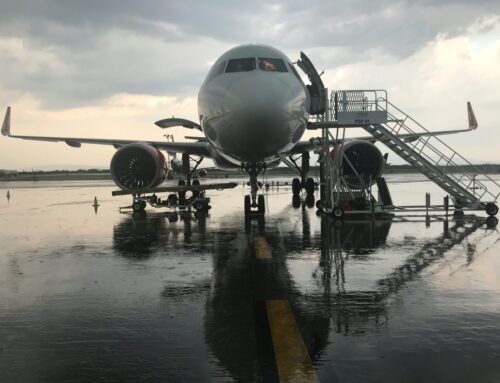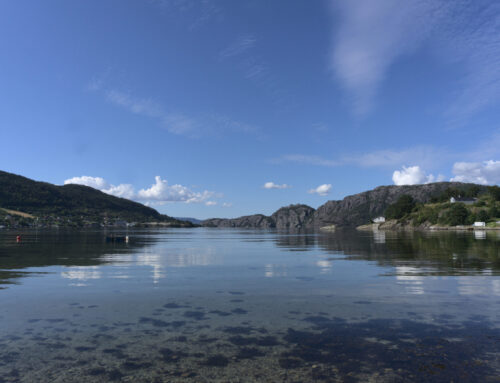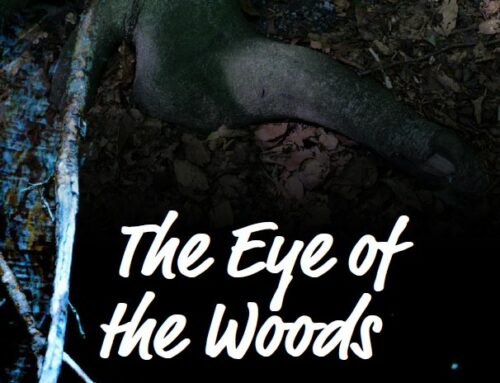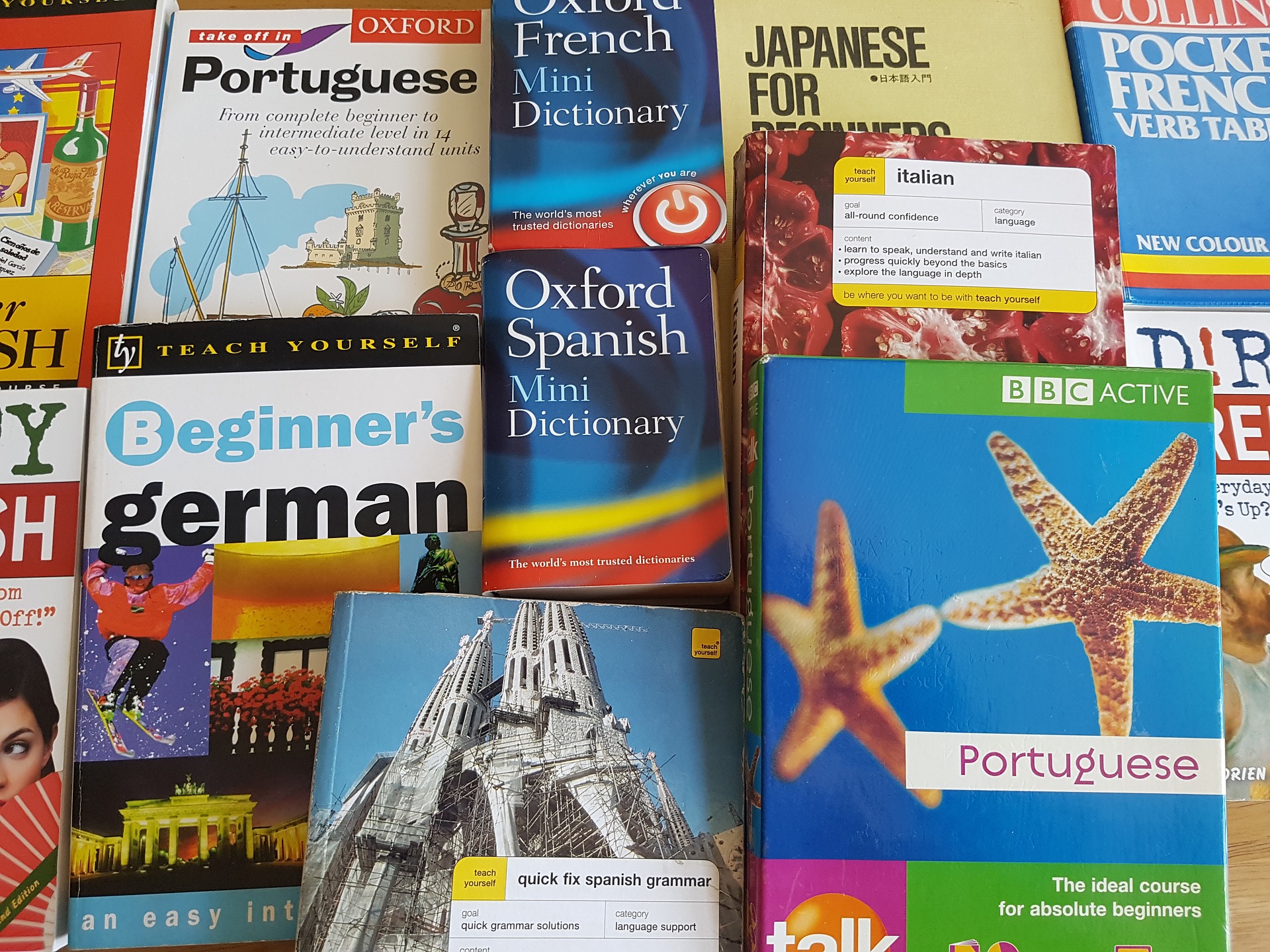
Image by Oli Lynch from Pixabay
I have been thinking quite a lot about languages over the past few days. Today is the first day of my holiday and I have been looking forward to coming back to Belgium for weeks now. What does this have to do with languages? Well, for those of you who don’t know, we have three official languages in Belgium for a start and with the European institutions being based in Brussels, that means that you can count all 24 official EU languages as well.
You can hear any language in the world in the streets of the capital. All these languages, all these different cultures, colours, faces, in this tiny country that you can drive through in about three hours (given there are no major traffic jams or “déviations”)! It feels like the beating heart of Europe to me. It was my city for just under eight years and somehow, it always feels like coming home, though at the same time, something is different. That something different is that I do not live there anymore, so it is no longer my home in that sense. In fact, I have not been back for a year and a half.
A big part of the reason that I feel at home there is language. I have lived most of my life in French-speaking countries and it is therefore no surprise that hearing French around me immediately makes me feel at home. Language is what connects you to a place, it gives you a sense of belonging.
Those of you who know me know that I am very fond of languages. I have always lived in a multicultural and multilingual environment. I think that language and culture are intricately linked and that you cannot truly experience a culture without understanding the language of its people. The way people express themselves says a lot about the culture of the particular country or region. Next month, I will have lived in Norway for five years and my first priority when I arrived was to learn the language.
In order to understand what is being said to you or what is happening around you and to be understood by others, you need to speak the same language. Learning a language is basically a question of adaptability. You need to adapt to your surroundings to survive. Language is also about fitting in and you need to fit in to survive. Humans are social beings and nobody wants to end up completely isolated (unless by choice).
For me, languages have always been a necessary part of life and a gateway to understanding new cultures and they make travelling a lot easier. I am 34 years old and have lived in five different countries, each time adapting, finding my feet and building a new life for myself. Inevitably, I always end up leaving it all behind after a few years. Change has perhaps been the red line of my life. What do languages have to do with this somewhat nomadic way of life? I would say everything.
Here is my little story of how I ended up being a trilingual, nomadic child of the EU. I don’t even live in the EU anymore – however did that happen?
I happened to be born in London, where my parents were living at the time, though when I was just six weeks old, I had already (been) moved to France. I grew up in Strasbourg and spent the next sixteen years of my life there.
I was exposed to two languages every day, English at home and French at school and in daily life. I went to an international school where there were many other children like me, with parents from different countries and with another mother tongue. Living on the border with Germany, the first foreign language that I learnt at school was German. I started when I was eleven years old.
This turned out to be lucky, as when I turned sixteen, we had a surprise move to Vienna in Austria in the middle of the school year. My dad had suddenly lost his job due to a major management overhaul in his office and the family relocated at the end of the year. I was just two and a half years away from finishing school and passing my French Baccalauréat, so my parents sent me to the “Lycée francais de Vienne”. They rightly felt that changing school system and putting me into a German-speaking school would be too much of a culture shock and hinder my chances of doing well in my final couple of years.
Needless to say that the classes were still all in French, but I needed German to be able to socialise with other children outside of classroom hours. My horse riding lessons were also in German, and with a strict teacher from the Spanish Riding School, I had to learn the technical dressage terms as well. I also met my first boyfriend at this time, who was Austrian, although we mostly spoke French together.
As you were expected to study a second foreign language, I had also started learning Spanish when I lived in Strasbourg and picked up the language rather quickly during my time in Vienna. I find French to be a natural stepping stone to any other latin language. My parents being very fond of Tuscany, we used to go there every summer for ten years when I was little, which meant that I also used to speak a bit of Italian, at least until I started learning Spanish.
After high school, I decided to study in the United Kingdom and thought that it might be nice to live there for a few years. I remember the other British students calling me ‘Frenchy’ and saying that my English sounded funny. I guess that they just couldn’t place me as I did not have a dialect from anywhere. After three years at university, my English had become more ‘native’ and I had also experienced the culture of the country (which was quite a shock coming from France, especially when it came to the drinking culture). Up until that point, I had only spent a few weeks here and there during the holidays.
Three years later, after my studies, I left the UK for the reason that it was not international enough for me, I feared that I would lose my languages, and I could not see myself living in London. The city was too big and I would struggle to get out into nature, which was always important for me because of my passion for horses.
I moved to Belgium, wanting to work for the EU and my parents had moved there in the meantime as well. Living on the outskirts of Brussels, in Flanders, I learnt Dutch for a couple of years, especially so that I could buy bread at the local bakery and communicate with farmers and horse ride. Then I started riding in Wallonia, the French speaking region, and did not need my Dutch anymore. Brussels being the French bubble that it is, I was like a fish in water. Working in English, living and socialising in French. I had a very British boyfriend for a number of years there, which actually proved somewhat culturally challenging for me at times.
The biggest and bravest move yet though, was when I moved to Bergen, Norway. I knew no one there and had no Norwegian at all. Several years later, I love the language and many aspects of the culture. The hardest part is the isolation, being so far away from family and friends, though what I did not prepare myself for, was the complete absence of French. I really miss the language; it is the language of my childhood, and I fill the empty space with radio programmes, music, books and chatting with friends (or with myself). After all, language is also about how you relate to yourself, not just to others. What language do you use when you address yourself, which languages if you speak several come up and in what context?
Language also reflects the workings of your brain, even reveals aspects of your personality. It’s about where you are from, who you are, how you express yourself, what you have experienced, how you wish to be or are perceived, and so much more. Through language, you can build trust and you can communicate with others, though body language is even more important, a topic for another time!
I would love to hear your thoughts so please do comment below. If you would like to share your experience or ideas with me, contact me directly on LinkedIn or on here.
